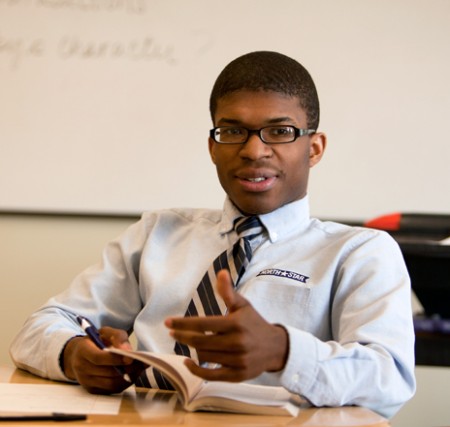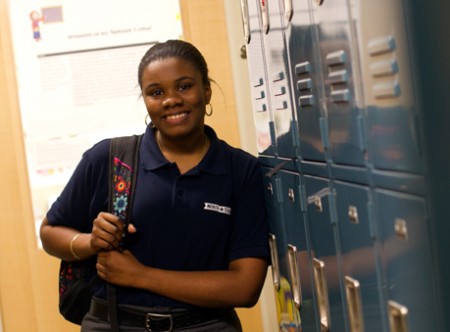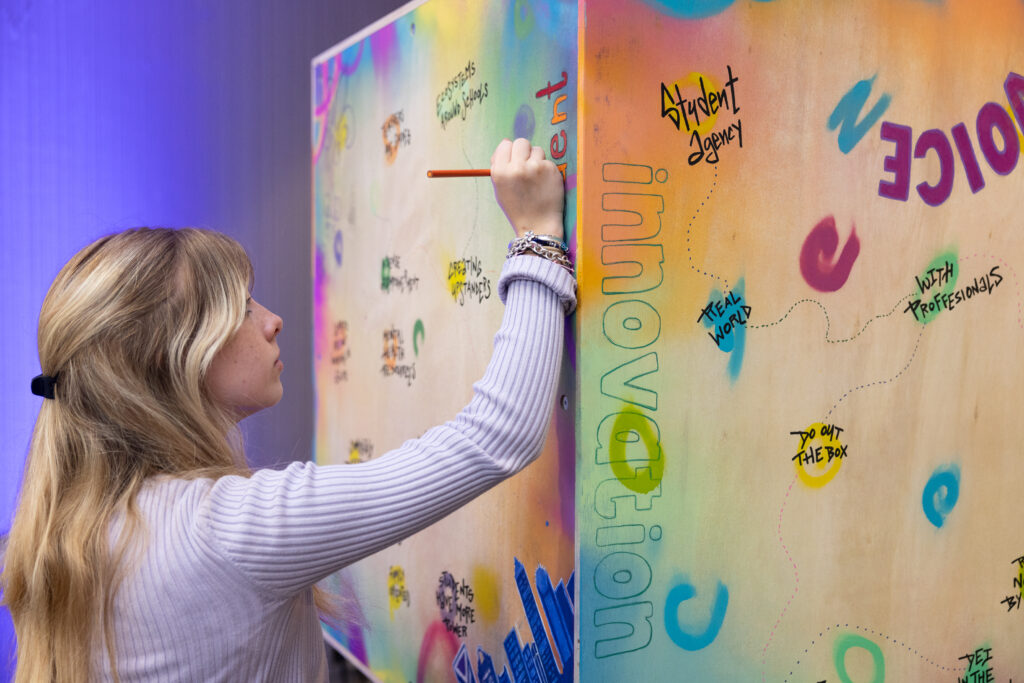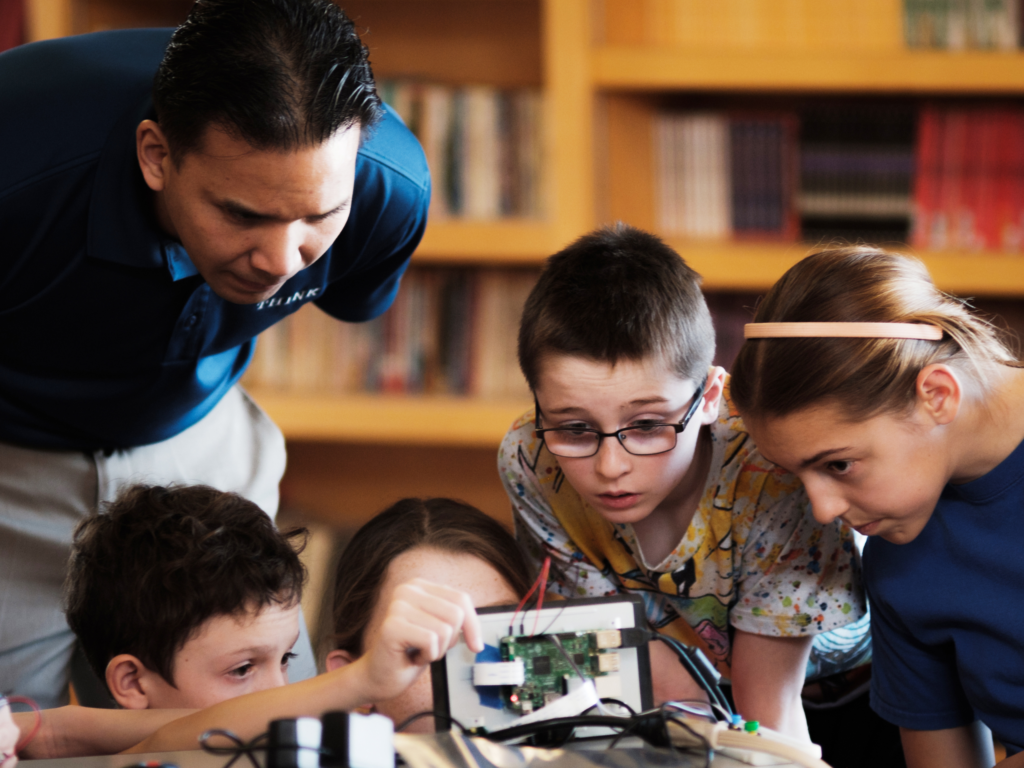In certain circles of ed reform, the famed marshmallow experiment by Walter Mischel at Stanford in the 1960’s is cited frequently enough to turn summer s’mores into psychological artifacts. The gist of the study? A pre-school-aged child is given a marshmallow and told, “you can eat that one now, but if you wait until I come back you can have two”. No guarantees of when that might be, or what to do in the meantime. Not surprisingly, some earned the double treat, and others caved.
The dependent variable is not limited to whether the children exercise self-restraint. Instead, researchers like Daniel Goleman traced statistically significant correlation over time between the ability to wait and measures like SAT scores (on average 210 points higher for “two marshmallow” kids).
 When I was a teacher at KIPP DC: KEY Academy, we referenced this experiment anecdotally and encouraged our students to delay short-term happiness for what really matters by committing to “Think Marshmallows”. Schools and parents are in a terrific position to influence what a student prioritizes. As we used to tell prospective students at KIPP Orientation Team home visits, “we know you may want to play with friends on a Saturday or during the summer instead of going to school, but it’s no secret that graduating from college is hard work. And we know you’re up for it.” And as one of my eighth graders put it in bubble letters on my desk one day, “Do what you need to do so you can do what you want to do.”
When I was a teacher at KIPP DC: KEY Academy, we referenced this experiment anecdotally and encouraged our students to delay short-term happiness for what really matters by committing to “Think Marshmallows”. Schools and parents are in a terrific position to influence what a student prioritizes. As we used to tell prospective students at KIPP Orientation Team home visits, “we know you may want to play with friends on a Saturday or during the summer instead of going to school, but it’s no secret that graduating from college is hard work. And we know you’re up for it.” And as one of my eighth graders put it in bubble letters on my desk one day, “Do what you need to do so you can do what you want to do.”
What’s the connection between grit and self-sacrifice? New York Times columnist David Brooks linked the two in his comment from the audience following a panel at Aspen Ideas Festival on character education, claiming that sacrifice shapes character. Experiencing adversity in childhood is one form of (involuntary) sacrifice. My students, most of whom came from low-income families, frequently demonstrated resilience and determination to persist through challenges–stepping up to care for younger siblings, adjusting to unstable housing, supporting parents and guardians through financial stress–with an intensity and maturity I do not remember seeing among my peers from relatively affluent communities.
Recognizing that character is a function of expectation and experience amplifies a school’s role in whole-child development. The values, life lessons, and examples set by adults in the building all count, for better or worse. At our school we embraced this reality character education and engaged parents, students, and teachers in frequent conversations addressing persistence and grit. Report card conferences revolved around effort and improvement as much as they did final grades: my laptop gradebook revealed qualitative information– homework completion, participation in class, trends of quiz grades across the quarter. The point? Consistent effort leads to improvement over time. Less formally, weekday evening phone conversations with parents regularly drifted into observations on student affect and levels of energy and engagement, both at home and school.
In the same panel David Brooks attended, his former NY Times Magazine colleague Paul Tough (author of Whatever It Takes, which documents Geoffrey Canada’s Harlem Children’s Zone) described Dave Levin’s leadership at KIPP in spearheading Character Report Cards, a formative assessment tool that serves as a bridge from research to classroom and helps structure open conversations between students and the adults (parents and teachers) who care about them most.
The whole frame follows Carol Dweck’s philosophy of growth mindset: a paradigm in which a child’s brain is a pliable muscle, failure is a learning opportunity, and praise is best suited for behavior, not person. Because of Dweck’s research, I was hyper-aware that making observations and praising persistence and grit (as opposed to celebrating a 100% on a test and calling a child “smart” because of it) would cultivate long-term skills. Rebounding and learning from failure trumps risk-averse perfectionism any day. Just ask our education technology entrepreneurs!

The College Achievement Network has picked up on the importance of grit and self-reliance as a springboard to college graduation: it has launched a growth mindset working group, which seeks to identify and share best practices for schools trying to foster these skills in their students in a research-based way. The group’s first step will be to develop a reliable survey, in conjunction with the University of Chicago Consortium on Chicago School Research, to help educators understand empirically the pathway by which students’ mindsets develop, which in turn shapes behavior and academic performance.
Walking the hallways of any KIPP building, students are constantly reminded of why hard work will be worth it: inspirational quotes, college t-shirts of teachers’ alma maters, and school acceptance letters from KIPP alumni coat the walls and hang from the ceilings. But the positive effects of grit and character development are not limited to students. When running up stairs carrying an 85-student stack of science “Brain Packets”–daily classwork and homework– and a brimming cup of coffee, the sight of our banner of school values, including “Think Marshmallows,” provided me double motivation to follow-through on high expectations in my classroom. My students were working for what really mattered– big, life-changing opportunities– all the while getting stronger; and I felt privileged to be a part of the wait for that second marshmallow.


